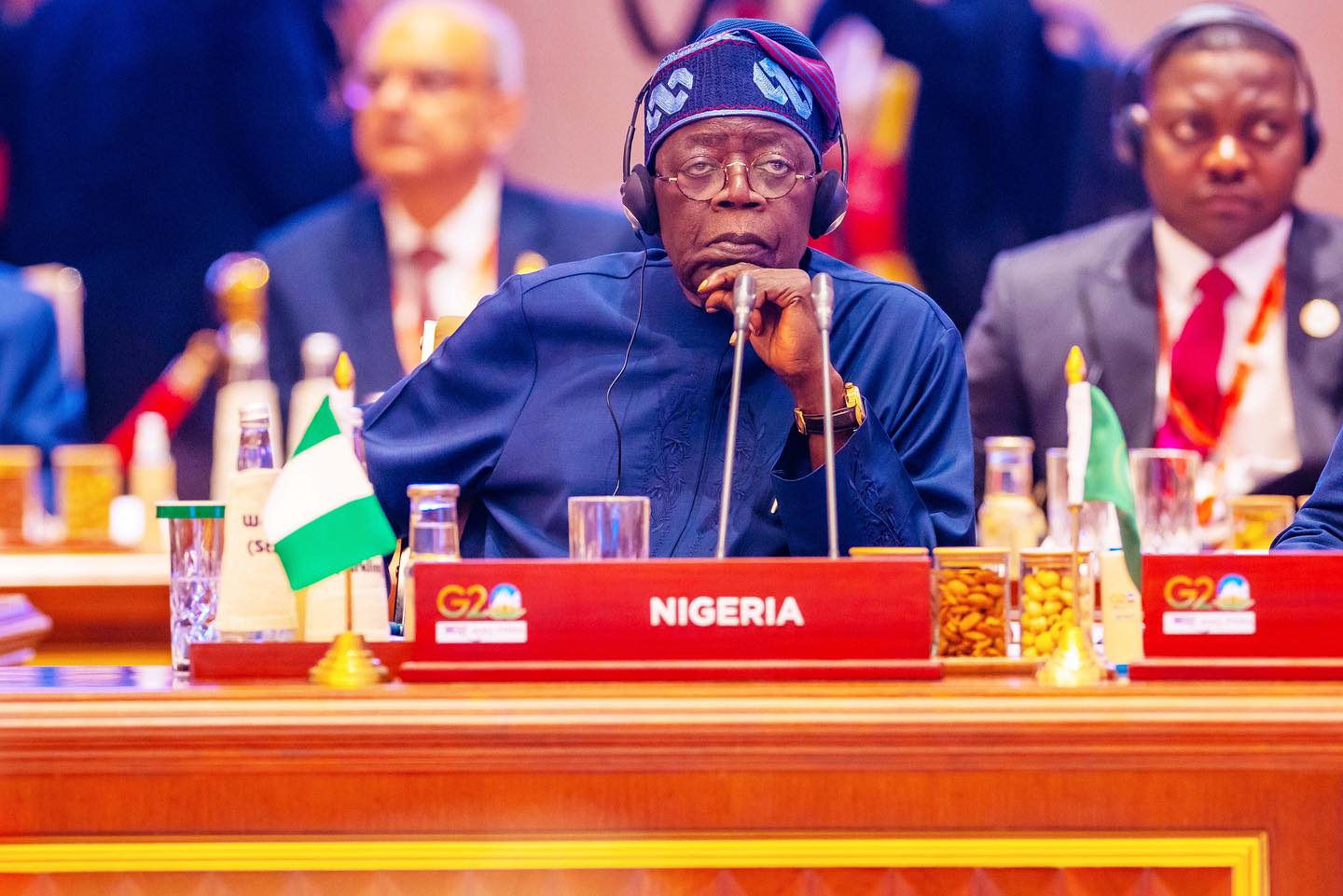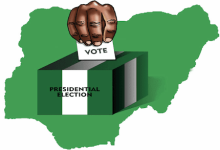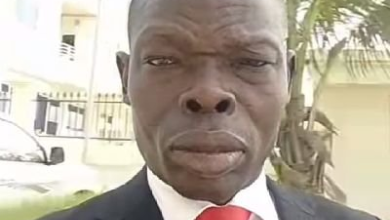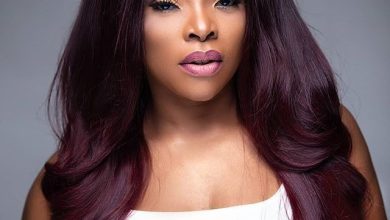President Tinubu’s cabinet reshuffle reveals Nigeria’s gender imbalance, with 3 women fired but 8 men reassigned

|
Getting your Trinity Audio player ready...
|
In a recent shake-up of Nigeria’s Federal Executive Council, President Bola Ahmed Tinubu reassigned, dismissed, and nominated several ministers in a bid to “reinvigorate the administration’s capacity for optimal efficiency pursuant to his (President Bola Tinubu’s) commitment to deliver on his promises to Nigerians.”
This decision, announced on October 23, 2024, after the Federal Executive Council (FEC) meeting, saw the dismissal of five ministers, the reassignment of ten others, and the nomination of seven new appointees. A closer look at these figures reveals stark differences in the number of male and female ministers in each category, highlighting the broader gender imbalance within Nigeria’s political framework.
Despite some efforts toward gender inclusivity, the changes once again underscore the ongoing gender imbalance within the Nigerian government’s top echelons, particularly in ministerial positions. This imbalance reflects a long-standing pattern of underrepresentation of women in Nigerian politics and governance.
Gender Breakdown of Ministerial Changes
There are 48 ministers in total in the current cabinet, comprising seven women and 41 men. Seventeen of them have been selected for new ministerial changes while five were discharged.
Of the five ministers discharged from their roles, three were women, and two were men, indicating that women constituted 60% of those removed from office. This decision has further reduced the number of female ministers in a cabinet that was already predominantly male.
Eight of the ten ministers who received new portfolios were men, while only two were women, marking an 80:20 ratio in favour of men. Also, among the seven newly nominated ministers, two are women, while five are men.
Current Ratio of Men vs. Women in Tinubu’s Cabinet
As it stands, Tinubu’s administration has predominantly male representation among ministers, with 41 men and seven women currently members of the cabinet. Following the recent adjustments, this male-to-female ratio is only further skewed as men currently hold 85% of the cabinet and women hold approximately 15%, further limiting the influence and voices of women at the top decision-making levels.
While President Tinubu’s government expressed a commitment to gender equality and representation on Oct. 16, 2024, when he said, “As the President of Nigeria, I am committed to advancing the cause of women’s empowerment and gender equality in our dear nation,” the numbers tell a different story, reflecting traditional challenges women face in Nigerian politics.
Gender Imbalance in Nigerian Politics: The Numbers
Women’s underrepresentation in Nigerian politics is not unique to Tinubu’s administration. Nigeria currently ranks near the bottom globally regarding female political participation, with women occupying less than 6% of the country’s legislative seats. According to the Inter-Parliamentary Union (IPU), Nigeria is 185th out of 193 countries regarding gender equality in parliamentary representation. This figure contrasts with the global average of 26% female representation in legislative bodies, reflecting Nigeria’s ongoing struggle to achieve gender parity in politics.
In the 2023 Nigerian general elections, only 3 out of 109 senators elected were women, comprising just 2.7% of the Senate. Similar to the House of Representatives. Also, only 43 of the 763 senators elected by Nigerians in the last 25 years (1999–2024) have been female. In a parliament dominated by men, this amounts to just 5.6% of women. This is significantly lower than the African Union’s recommended 30% representation for women in governance and underscores the systemic barriers Nigerian women face in entering and remaining in political roles.
According to gender advocates, Nigeria had 25 female elected representatives back in 2007, and in 2023, it depleted to 18. Nigeria has never had a female senate president and currently has only four female speakers (3.7%) in its 63 years of existence.
The Path Forward for Gender Equity in Politics
The cabinet reshuffle underlines the critical need for deliberate policies aimed at fostering greater gender inclusivity in Nigeria’s governance structures. As advocates continue to push for more female representation, the government must recognise that gender-balanced leadership is essential for effective and diverse decision-making. By ensuring fair representation of men and women, Nigeria can move closer to a political culture that values inclusivity and equal opportunity for all.
As the nation watches these recent cabinet changes, many hope that future appointments will reflect a shift toward meaningful gender equity. The commitment to sustainable citizenship, as highlighted in Nigeria’s recent independence anniversary celebration, must include a balanced representation of voices at the top levels of governance.
Editor’s note: This story has been significantly altered. We have changed the story to reflect that the total number of Ministers in the current administration is 48, not 17. Consequently, paragraphs 4 and 7 have been updated.






